Lisa See is known for her well-researched stories where “[her] American side tries to open a window into China and things Chinese for non-Chinese, while [her] Chinese side makes sure that what [she’s] writing is true to the Chinese culture without making it seem too ‘exotic’ or ‘foreign’.” She also highlights strong female friendships in her stories as well as focusing on relationships between sisters. When you have completed her stories, here are some books that have similar themes.
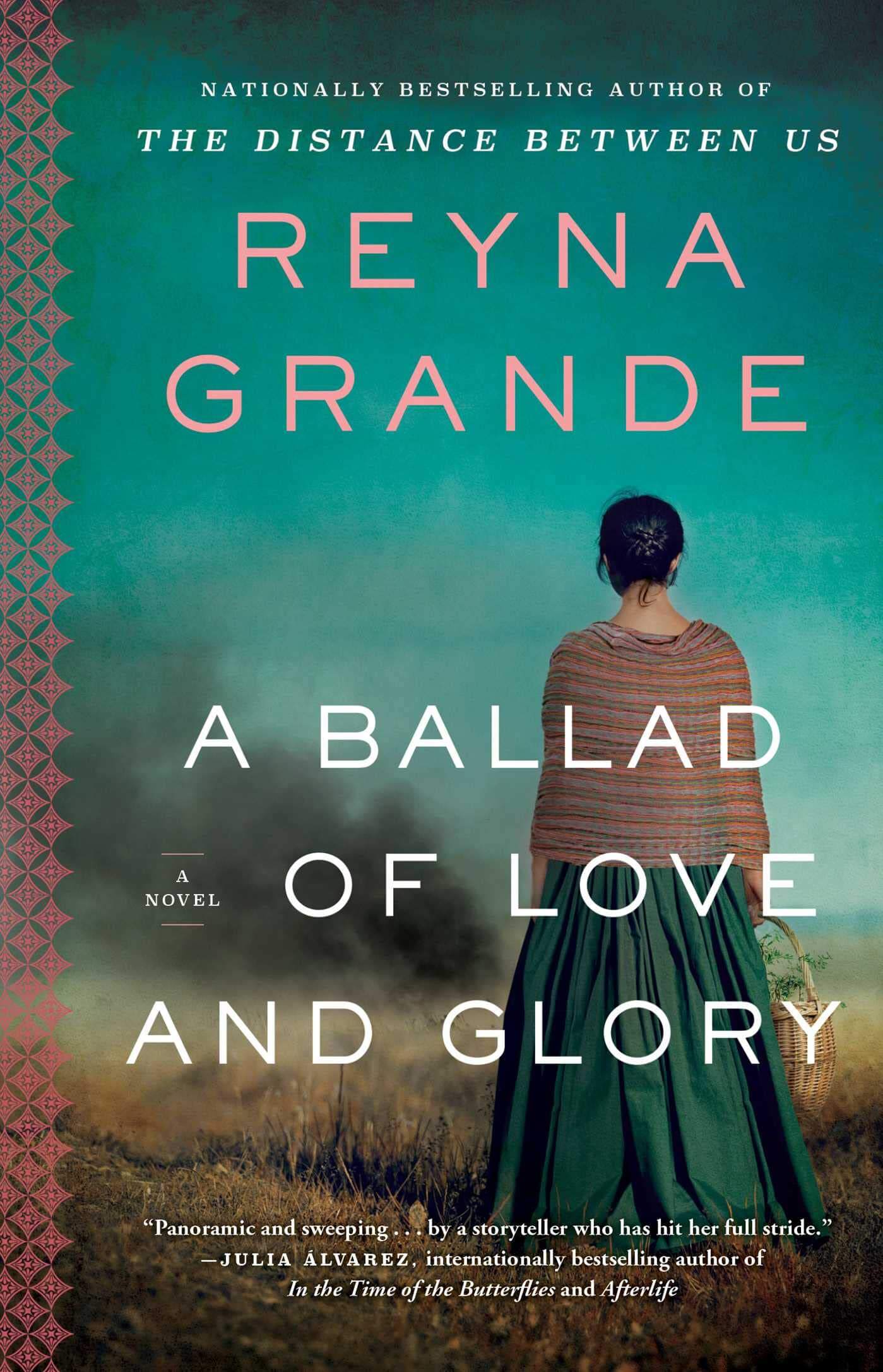
A Ballad of Love and Glory by Reyna Grande
Set against the backdrop of the Mexican-American War, this expansive epic saga follows Ximena, a Mexican army nurse, and John Riley, a disillusioned Irish soldier who deserted the American army to fight on behalf of the Mexican forces. Following her husband’s death at the hands of Texas rangers, Ximena leaves her home to treat injured soldiers on the various battlefields. Riley joins up with other American deserters to form the St. Patrick’s Battalion to protect Mexico from northern intrusion. When they meet on the battlefield, the unlikely pair find themselves drawn to each other.
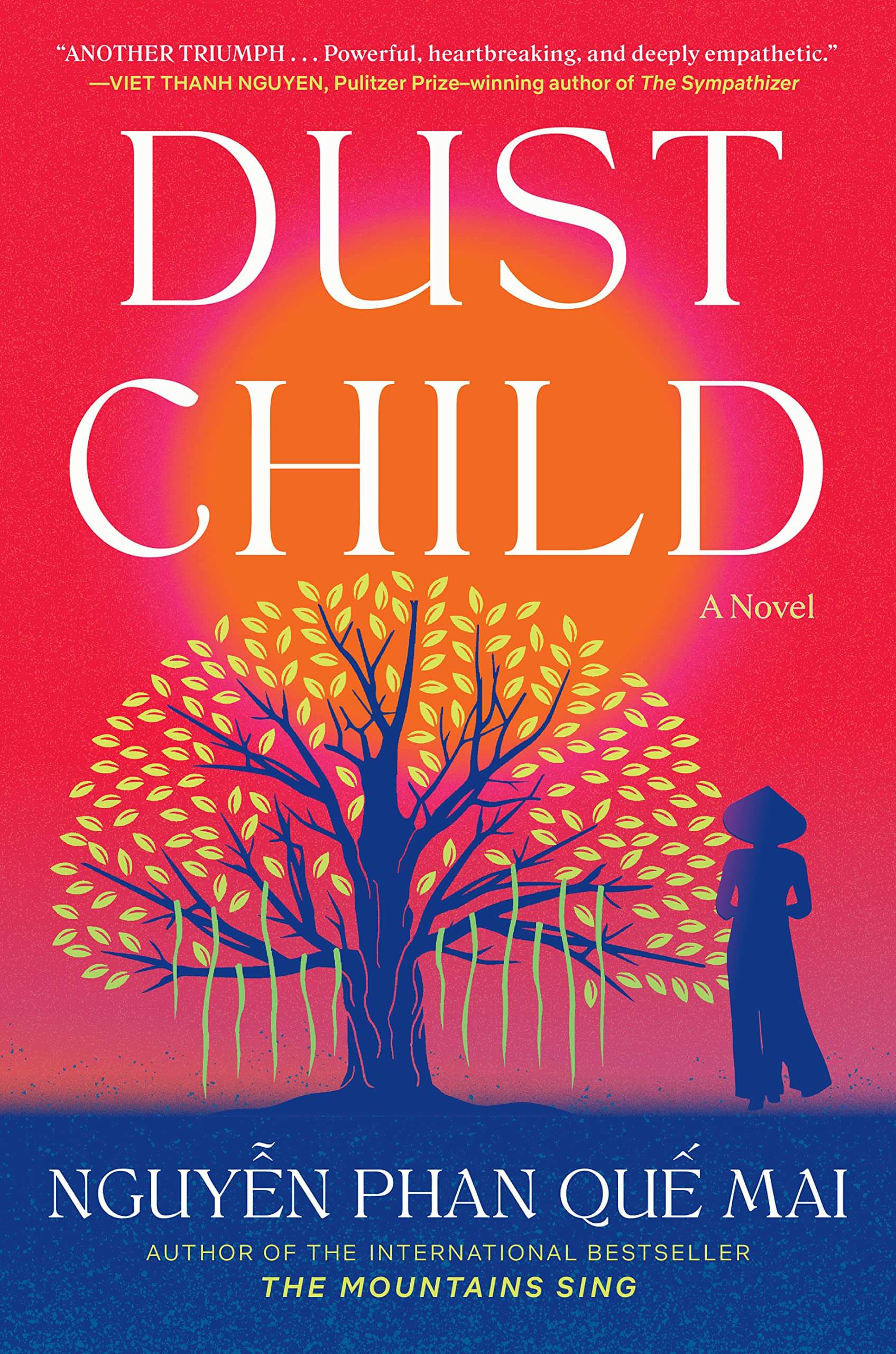
Dust Child by Nguyen Phan Que Mai
In 1969 to help their parents pay off debts, sisters Trang and Quỳnh leave their village and travel to Sài Gòn to become “bar girls,” women who, for a fee, drink and keep company with American GIs. Against her better judgment, Trang gets involved with Dan, an American helicopter pilot. Many years later, Dan, with his wife Linda, decides to return to Vietnam in an effort to make peace with his past. Meanwhile, Phong, the son of a Vietnamese woman and a Black American soldier, sets out on a journey to locate his parents and find a way to escape Vietnam. Abandoned as a baby, Phong grew up called “the dust of life,” and he longs to live in the United States to provide for a better life for his family.

Fruit of the Drunken Tree by Inrid Rojas Contreras
This debut novel is set in Colombia during the violently turbulent 1990s, when drug kingpin Pablo Escobar instilled fear in the country’s citizens. But Escobar was not the only threat to Colombian residents during this time period—Communist guerrillas were constantly trying to overthrow the government, kidnappings for ransom were occurring regularly, other drug lords worked to establish their own territory, and crime skyrocketed. Against this backdrop, Fruit of the Drunken Tree follows two young women as they come of age: Chula, a wealthy girl who lives in a gated community and Petrona, her live-in maid from the city’s slums. As their two lives begin to intersect, they find themselves making unimaginable decisions to protect their families.
The Last Grand Duchess by Bryn Turnbull
Grand Duchess Olga Romanov was the oldest daughter of Tsar Nicholas II, and The Last Grand Duchess tells her lesser-known story. Brought up at the glittering Alexander Palace, Olga and her sisters are sheltered from the world around them. When war breaks out, the sisters work as nurses tending to Russian officers; but tensions in Russia begin to build as a revolution threatens to topple three centuries of Romanov rule.
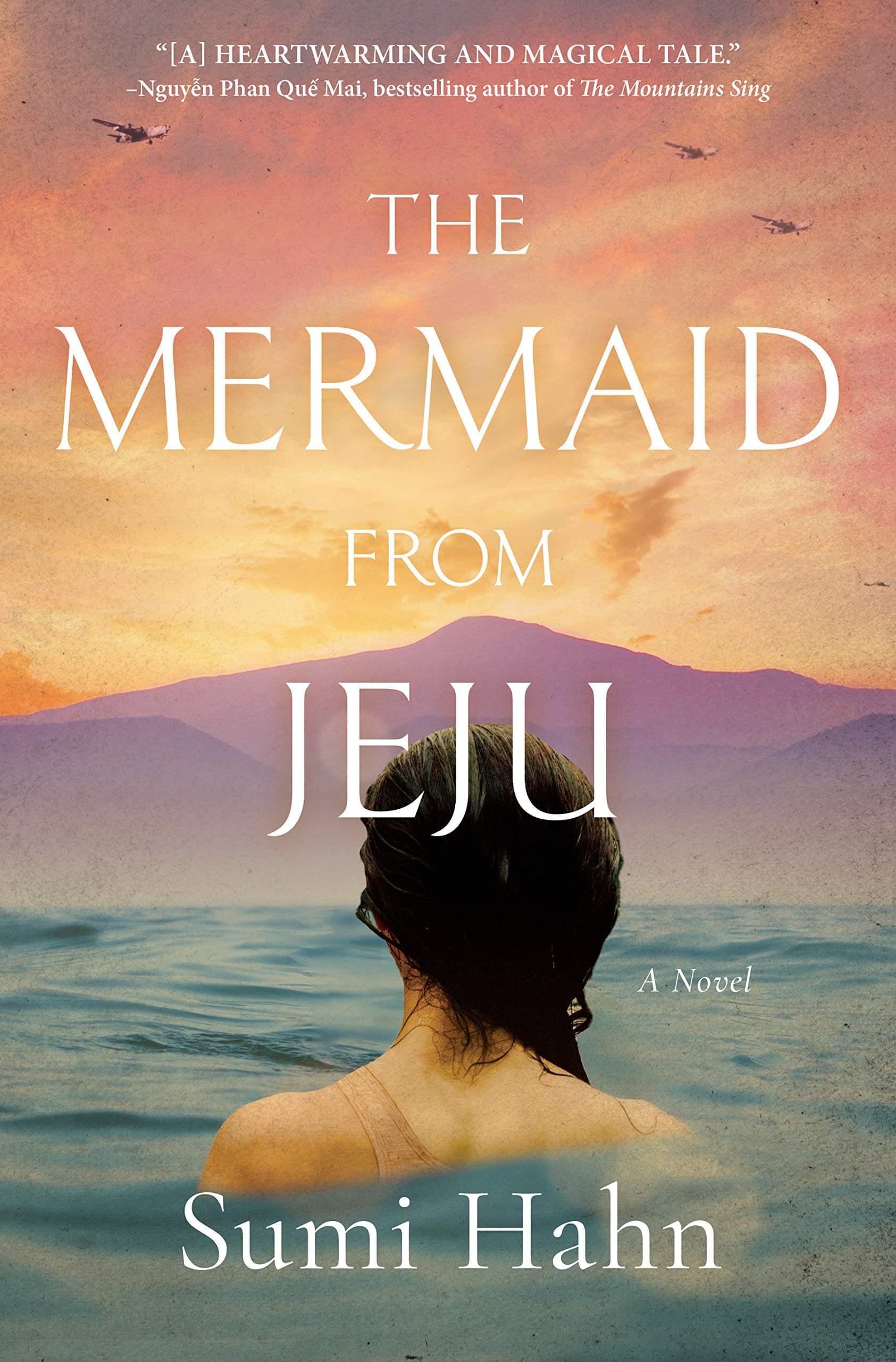
The Mermaid from Jeju by Sumi Hahn
This dual timeline tale is set in post-World War Korea on a little island called Jeju and in the modern-day United States, and it is the story of Junja, a haenyeo (the famed Korean deep sea divers), who grows up on Jeju. Post-World War 2 is a tumultuous time in Korean history when Japan has withdrawn troops and the United States begins its occupation, and Junja must navigate the fraught political climate, family upheaval and the resulting grief, and her own romance.

The Most Beautiful Girl in Cuba by Chanel Cleeton
During the Gilded Age, a battle to reign supreme in the newspaper industry rages between William Randolph Heart and Joseph Pulitzer. When Hearst learns about a Cuban woman named Evangelina Cisneros who is unfairly thrown in a Cuban jail, he plasters her image all over the front pages of his paper. Grace Harrington, a woman working for Hearst, works with others to free Evangelina, but when Cuban citizens are forced into camps, the mission to free Evangelina becomes increasingly more difficult. In The Most Beautiful Girl in Cuba, Cleeton provides a glimpse into Cuba’s fascinating history.
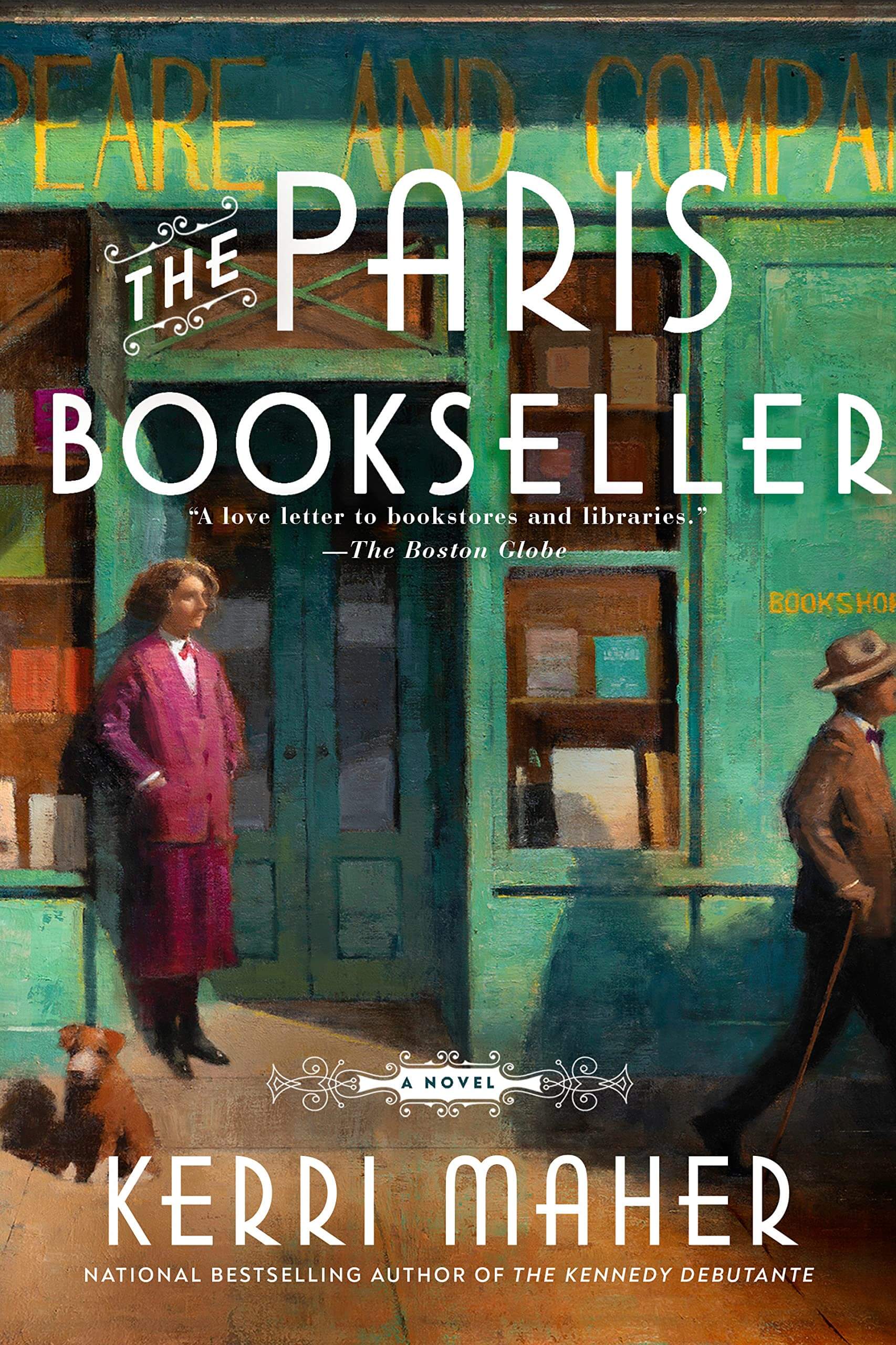
The Paris Bookseller by Kerri Maher
Paris’ Shakespeare and Company remains one of the most famous and recognizable bookstores in the world today. In its early years, the store was a second home to authors such as Ernest Hemingway and James Joyce, and when Joyce’s book Ulysses is banned in the 1920s, store owner Sylvia Beach agrees to publish it under the Shakespeare and Company name. The Paris Bookseller brings to life this influential woman and her struggles to honor her love of literature following her decision to publish Ulysses and the financial crises that the Great Depression brings.
Peach Blossom Spring by Melissa Fu
This multi-generational tale begins in 1938 China when a mother and her son must flee the rapidly approaching Japanese Imperial Army. The one solace amid the hardship is their beautifully illustrated scroll containing ancient fables; this manuscript provides them hope as they are forced to move from place to place. Spanning decades and continents, Peach Blossom Spring reveals that one’s past is never quite forgotten and that physically leaving a place does not erase the mental scars.
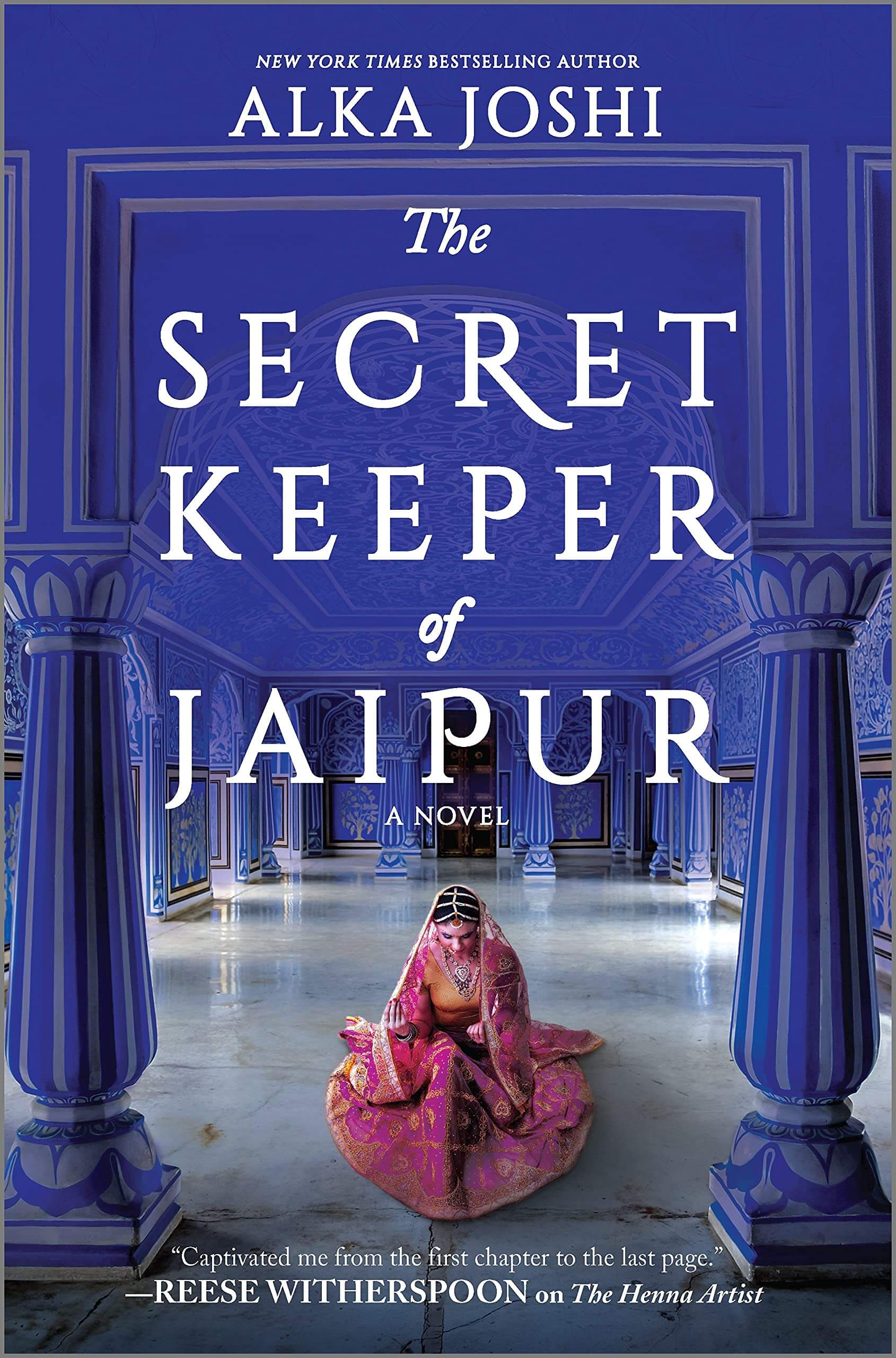
The Secret Keeper of Jaipur by Alka Joshi
Joshi follows up The Henna Artist with a story set in 1969 about Lakshmi’s young helper Malik, who is now grown and working as a building apprentice at Jaipur Palace, a job Lakshmi helped him obtain. He is assigned to the building project for a modern cinema house where he stumbles into a smuggling operation affiliated with the endeavor. When on opening night the movie house’s balcony collapses, trouble arises for Malik and subsequently Lakshmi, as well.

The White Girl by Tony Burch
The White Girl is set in the 1960s fictional Australian town of Deane. Odette Brown and her fair-skinned granddaughter Sissy live in the Aboriginal section of the town, Quarrytown, and are subject to the restrictions placed on them by the welfare authorities. When a new policeman arrives, Odette realizes that Sissy is in danger of being taken from her with absolutely no recourse on Odette’s part because during this time period Aboriginal people could not be Australian citizens nor make basic decisions for themselves such as when and where to travel or what job they will hold.
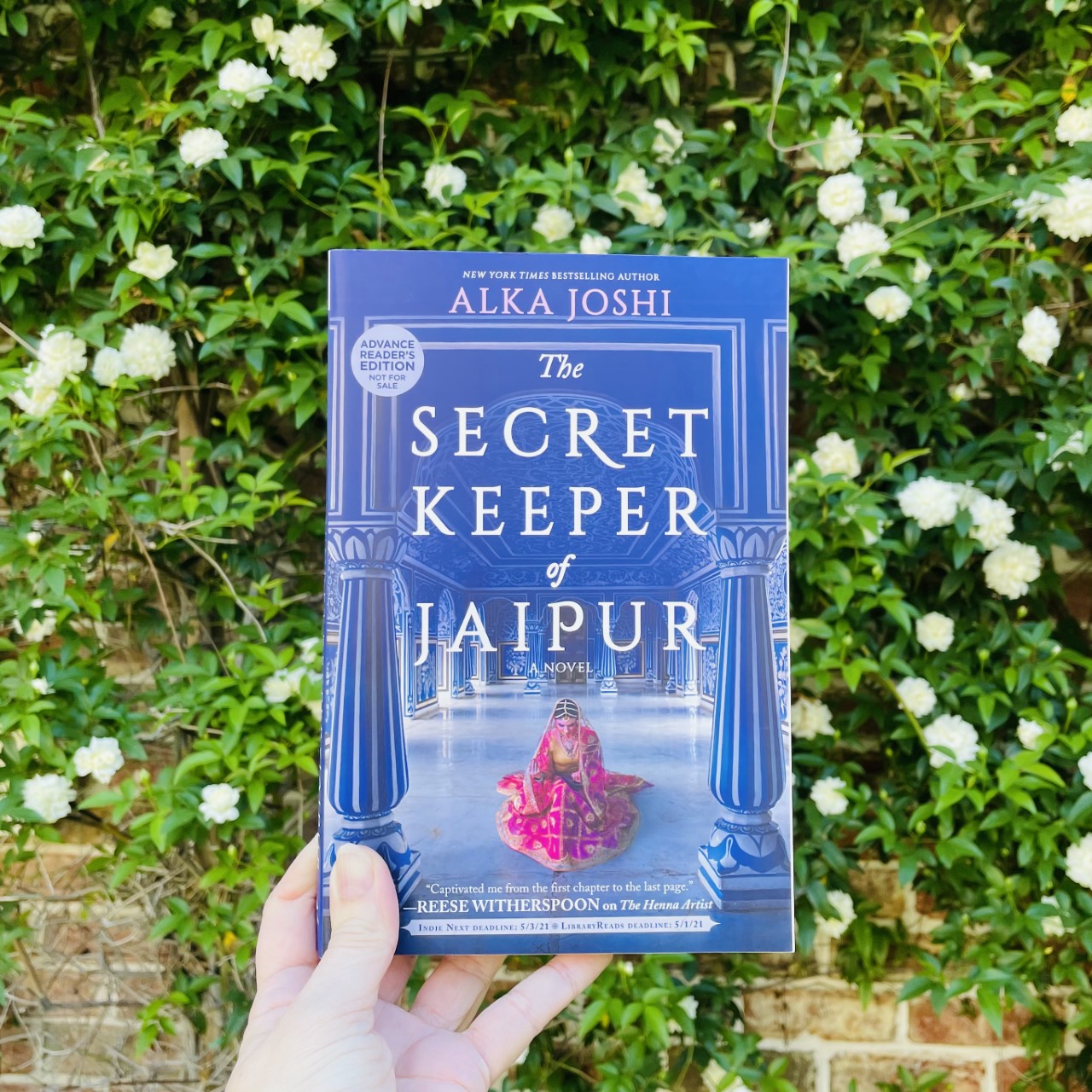



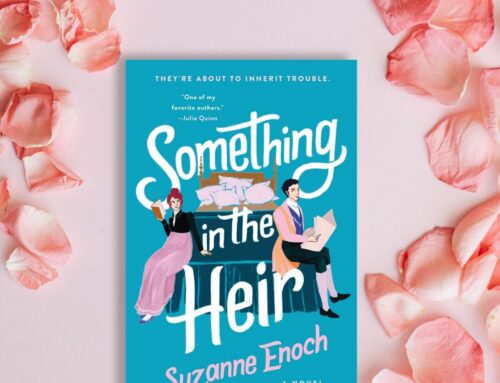
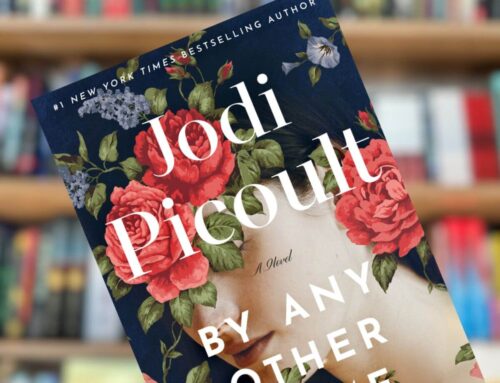
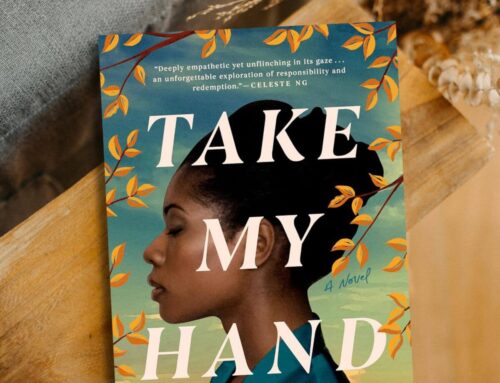
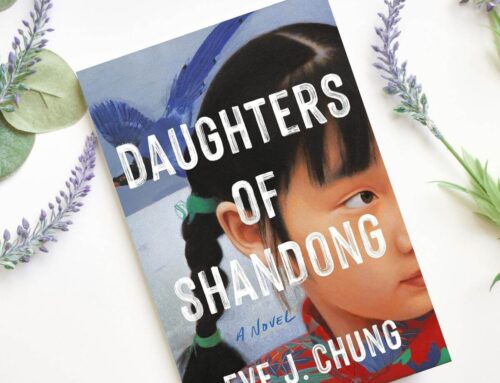
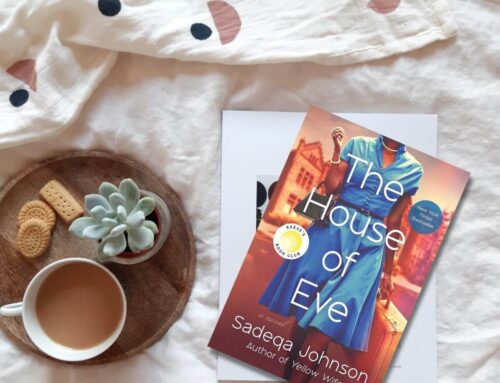
Leave A Comment